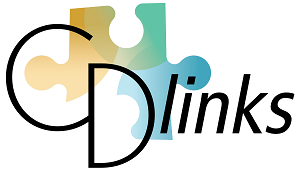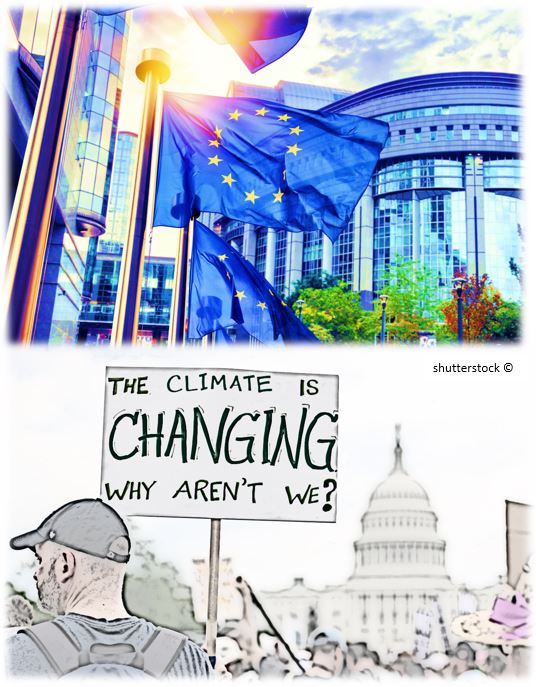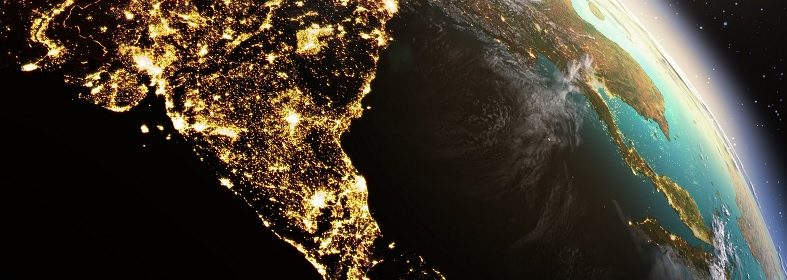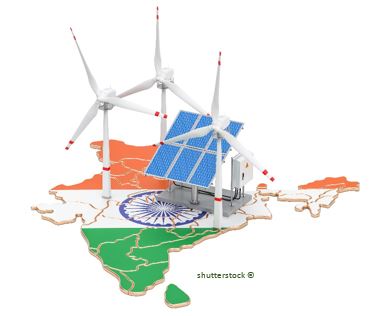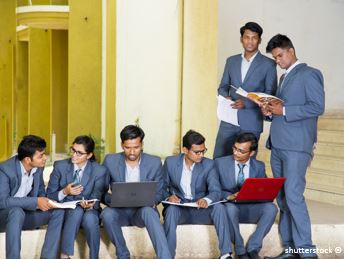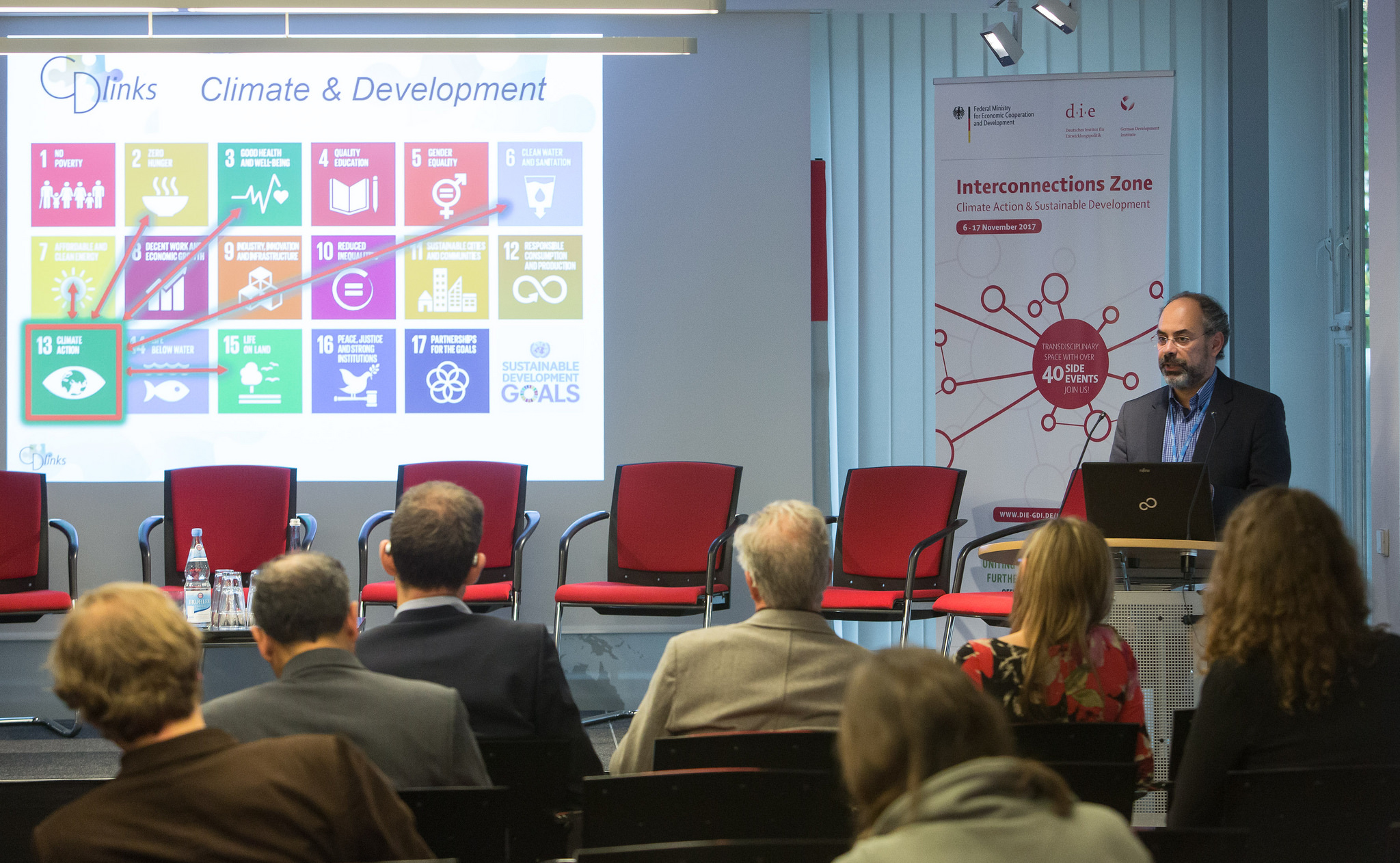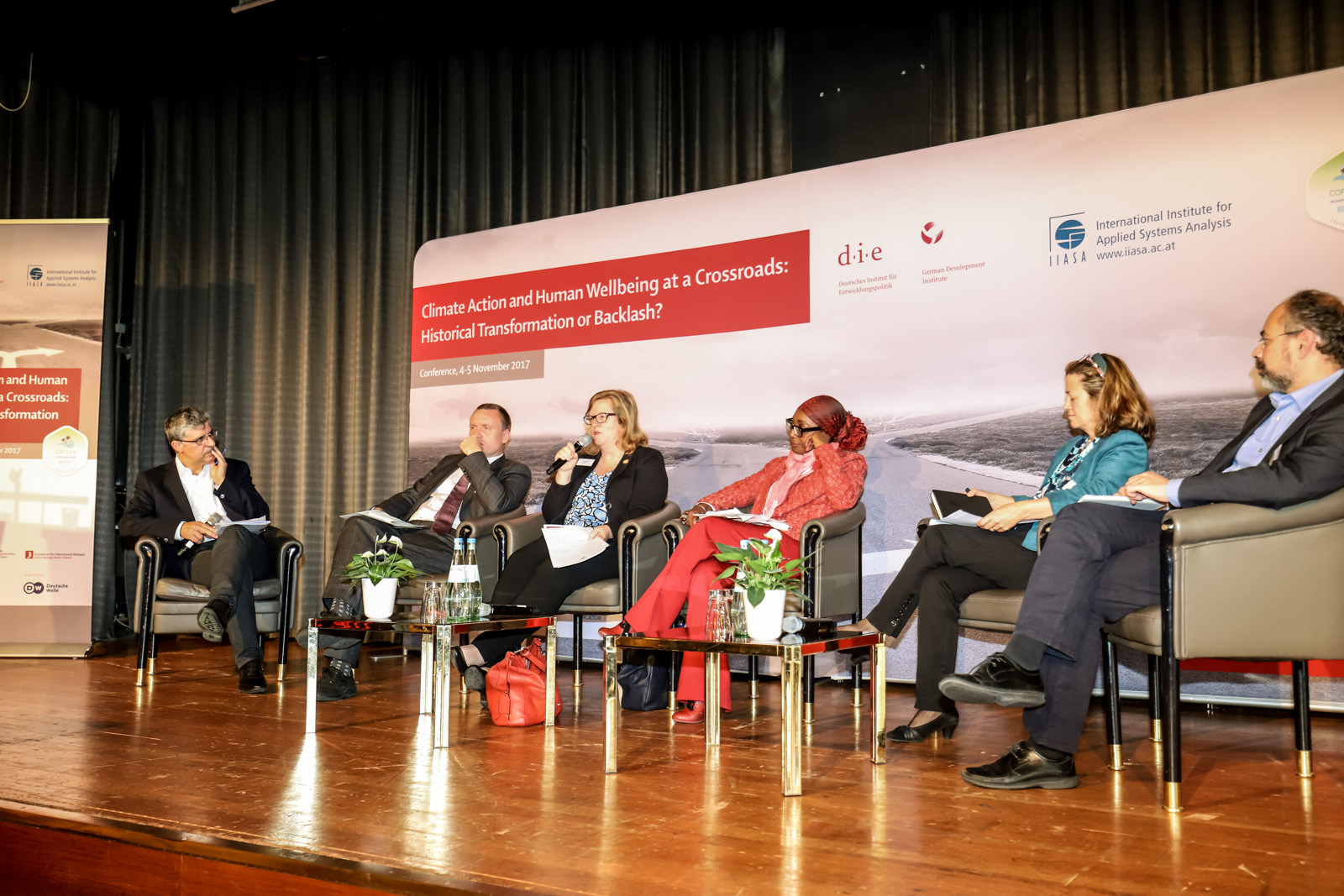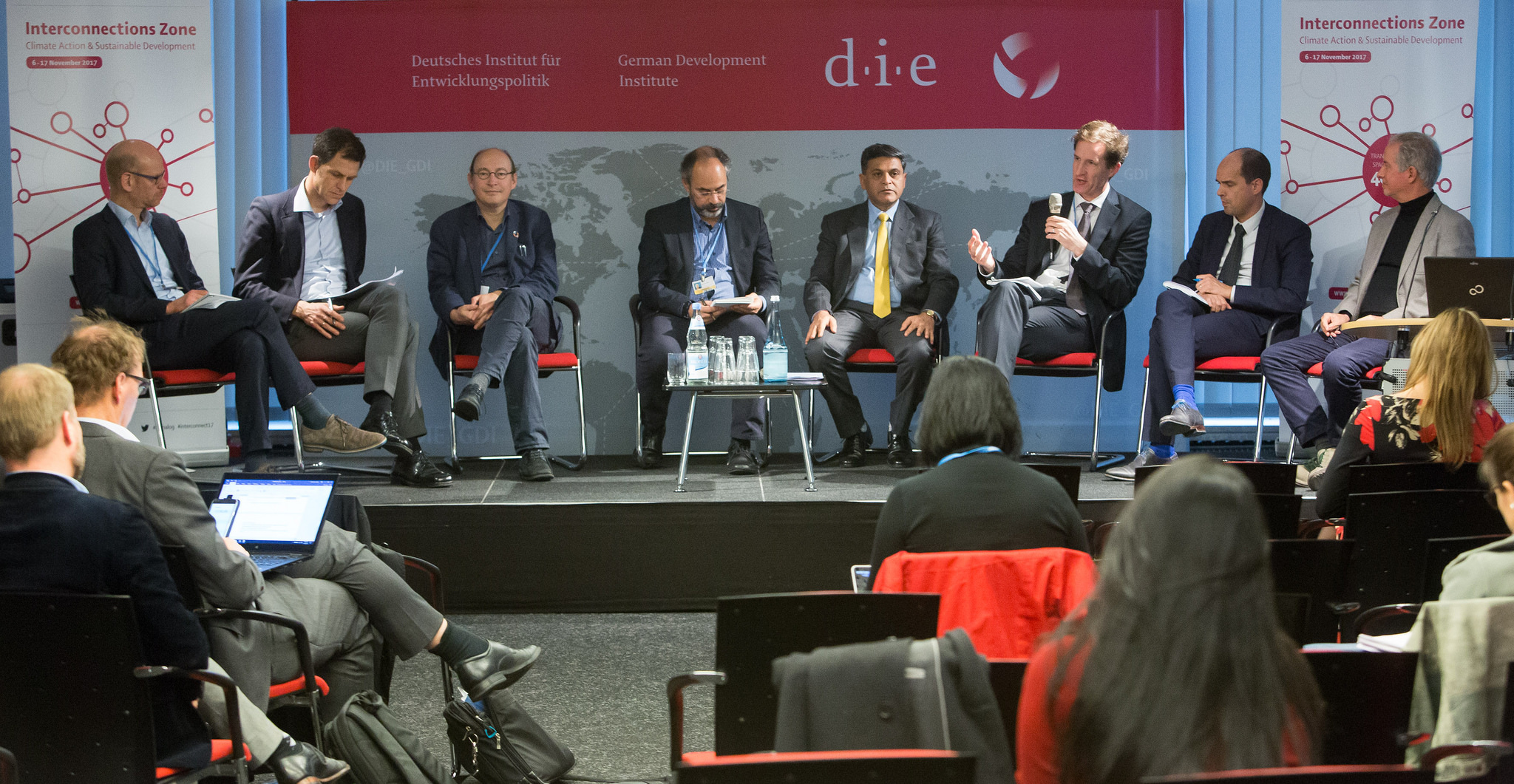Implications for climate policy – helping policy makers understand opportunities in Joint Policy Day
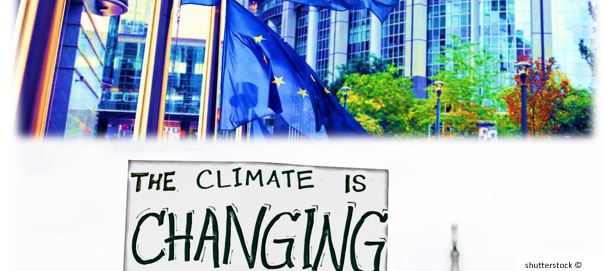
On 7 November 2018, CD-LINKS, GREEN-WIN and TRANSRISK are hosting a Joint Policy Day in Brussels, Belgium.
Climate strategies showing that voluntary nationally determined contributions to meet the Paris Agreement will also be beneficial in terms of other policy objectives at local, national and regional levels are now seen as cornerstones for climate action. This may include national policies that generate environmental and health co-benefits, such as a reduction in air pollution.
The development of shorter-term, multiple-objective and bottom-up climate strategies is further strengthened by implementation of the UN Sustainable Development Goals (SDGs). These provide 2030 targets for all aspects of human development, including climate, water, human health and well-being, social justice, poverty reduction and gender equality. Many of those SDGs, such as human well-being, poverty reduction and gender equality, are prerequisites for governments to address the climate problem – fostering SDGs in the short term will also provide climate benefits in the longer term. Conversely, implementation of the SDGs also illustrates possible trade-off between goals such as, for example, food security and emission reduction through biofuels.
The policy day integrates complementary perspectives on climate goals by collectively presenting the core findings of three EU-funded projects together with their implications for climate policy. Policy makers will need to understand the opportunities that this new framework presents, as well as the potential risks and uncertainties that lie in any proposed transition.
The three EU-funded Horizon 2020 projects featured have helped to address this need from complementary perspectives:
- GREEN-WIN focused on macro-economic and green business strategies that address both economic and climate goals, as well as the role finance plays within these;
- TRANS-RISK studied risks and uncertainties within low emission transition pathways, and how transitions can be implemented in ways that are economically and sociably feasible; and
- CD-LINKS explored the complex interplay between climate action and development, while simultaneously taking both global and national perspectives and thereby informing the design of complementary climate-development policies.
The event is hosted by the Global Climate Forum and will take place at the Royal Library Meeting Center in Brussels, Belgium.
For more information, please email: cd-links.secretariat(@)iiasa.ac.at.
You can find the agenda here.
